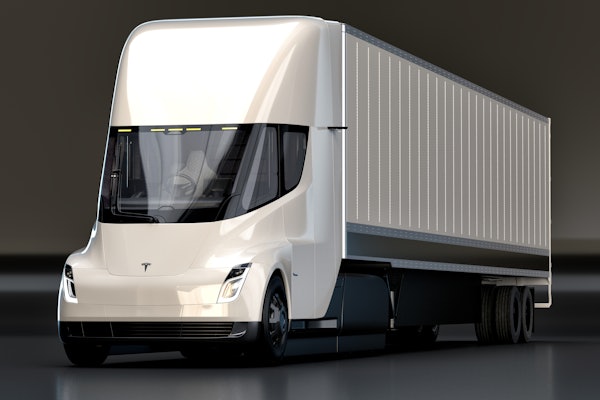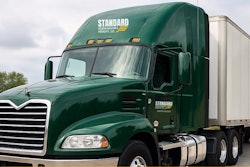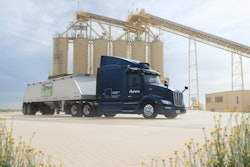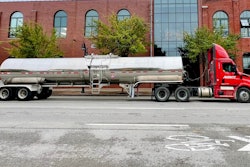Ryder System Inc. on Wednesday, April 23, reported net earnings for the three-month period ended March 31 were $56.1 million, up 9 percent from $51.3 million in the year-earlier period, driven by better operating performance, primarily in Fleet Management Solutions (FMS).
Total revenue for the first quarter of 2008 was $1.54 billion, down 3 percent from $1.59 billion in the comparable period last year. Ryder said the decline was due to a previously announced change from gross to net revenue reporting in a subcontracted transportation agreement, and has no impact on operating revenue or earnings. Operating revenue (revenue excluding FMS fuel and all subcontracted transportation), was $1.17 billion, up 5 percent compared with $1.12 billion in the year-earlier period. Both total and operating revenue benefited from favorable foreign exchange rates related to international operations, the company said.
FMS business segment total revenue increased 12 percent due to higher fuel services revenue, as well as contractual revenue growth of 6 percent. Supply Chain Solutions business segment total revenue declined 27 percent due to a previously announced change from gross to net reporting, as noted above, while operating revenue grew 6 percent. Dedicated Contract Carriage business segment total revenue and operating revenue decreased 1 percent as the impact of the nonrenewal of certain customer contracts was offset partially by the pass-through of higher fuel costs.
“The Ryder team delivered stronger-than-expected results for the quarter despite a soft overall market environment,” said Greg Swienton, chairman and chief executive officer of Miami-based Ryder. “Our Fleet Management Solutions segment drove these results through continued contractual revenue growth, improved commercial rental operations and better-than-forecasted used vehicle sales results. Our team’s focus allowed us to expand overall company margins and increase multiyear contractual business by 6 percent in a soft transportation market. At the same time, we continued to execute on our strategic initiatives, including making new acquisitions and implementing our share buyback programs. Our ability to once again deliver significantly higher earnings in this environment demonstrates the strength of our current business model.”







